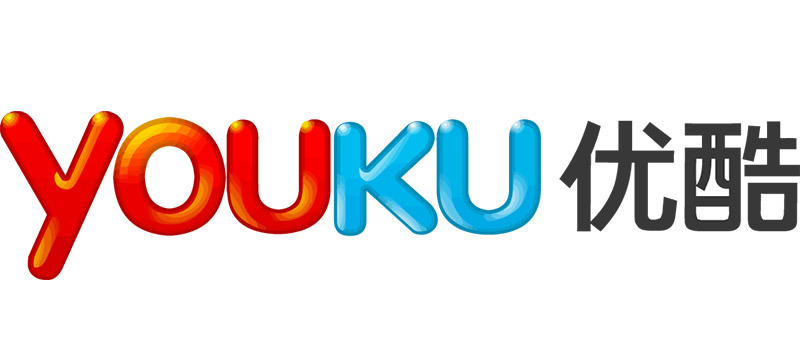A subsidiary of China's State Administration of Press, Publication, Radio, Film and Television (SAPPRFT) is suing Apple and streaming service Youku Tudou for causing "huge economic losses" through infringement of exclusive online distribution rights to a war film first aired in 1994.
In a lawsuit filed with the People's Court in Haidian, Apple is accused of enabling the illegal streaming a war film produced by the Movie Satellite Channel Program Production Center, a body that falls under SAPPRFT purview, the Associated Press reports.
Heyi Information and Technology, developers of the Youku HD app marketed by popular streaming service Youku Tudou, is also named in the suit for its part in airing "Xuebo dixiao," loosely translated to "Bloody Fight with the Fierce Enemy." Set in the early 1930s, the film chronicles Japan's invasion and occupation of Manchuria, a contentious period of fighting that bled into the Second Sino-Japanese War.
The suit seeks to stop Youku HD from streaming the movie and asks for 50,000 yuan (about $7,500) in damages, as well as an additional 20,158 yuan for "reasonable expenditures" connected to halting Apple and Youku's rights infringement.
While the monetary ramifications are of negligible concern to Apple, the lawsuit is indicative of a disturbing trend of legal woes the iPhone maker faces in its most important growth market. Apple is a large target for infringement suits in China, due in part to the country's incongruous and often subjective patent and trademarking policies.
In 2010, for example, a Taiwanese company on the brink of bankruptcy filed against Apple for using the "iPad" moniker in China. After turning down a $16 million settlement, deeply in debt monitor maker Proview accepted a $60 million payout in 2012.
A similar case in May saw Apple lose exclusive rights to "iPhone" after a Chinese court sided with a case maker that registered the trademark in 2007, the same year the smartphone launched and five years after Apple filed to protect the name as a computer product.
More recently, a Chinese court in June found Apple's iPhone 6 in violation of design patents owned by defunct Beijing handset maker Baili. Aside from being insolvent, Baili's protected designs date back to 2014 and are themselves speculated to be based on Apple supply chain leaks.
Apple also sees friction from Chinese governmental agencies. In April, AppleInsider reported on an apparent shutdown of iTunes Movies and iBooks Store operations in mainland China. The company later confirmed the closure was forced by China's State Administration of Press, Publication, Radio, Film and Television.
 AppleInsider Staff
AppleInsider Staff







-m.jpg)






 Charles Martin
Charles Martin
 Malcolm Owen
Malcolm Owen
 William Gallagher
William Gallagher

 Christine McKee
Christine McKee
 Wesley Hilliard
Wesley Hilliard

 Andrew Orr
Andrew Orr








15 Comments
They're going to end up having to leave. The ChiComs are only going to get worse.
At least China don't have to deal with the same quagmire as South Korea, which owes a significant portion of their GDP and relevance to Samsung.
So is the government suing Baidu for giving people access to the Internet to find the film? Are they suing Foxconn for building the iPhones that gave people access to the film? Because if not there’s no reason for Apple to be bothered.
And this is different from East Texas... how?